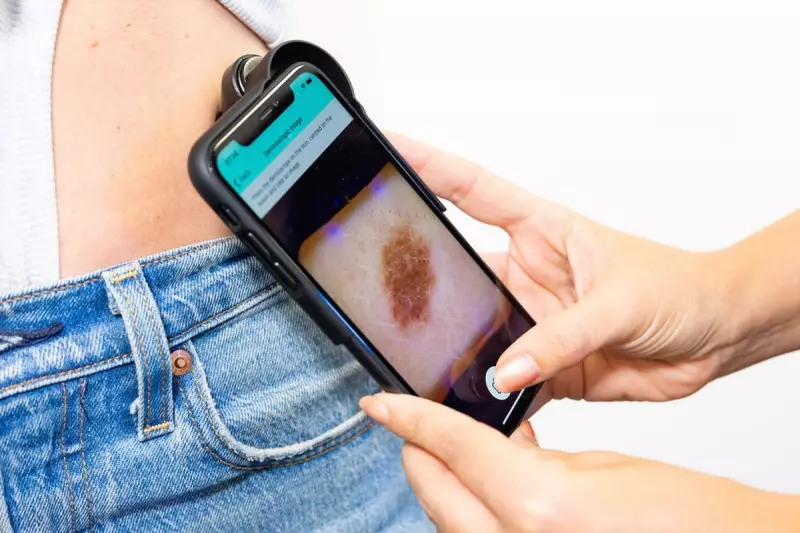
In a startling development that could reshape preventive health recommendations, new research from the University of Sydney suggests that vitamin B3 supplementation, previously hailed for its potential skin benefits, might carry unexpected risks for certain individuals.
The Double-Edged Sword of Vitamin B3
The study, published in the prestigious Annals of Oncology, reveals that high-dose nicotinamide (vitamin B3) supplementation could potentially increase melanoma risk in people already vulnerable to skin cancer. This finding stands in stark contrast to earlier research that had suggested the vitamin might offer protective benefits.
What the Research Uncovered
Australian scientists conducted a comprehensive analysis involving participants with a history of non-melanoma skin cancers. While previous smaller studies had indicated potential protective effects, this larger investigation revealed a more complex picture. Researchers observed that individuals taking high-dose vitamin B3 supplements showed different patterns of melanoma development compared to control groups.
The mechanism behind this surprising connection appears to involve how nicotinamide influences cellular metabolism and DNA repair processes in skin cells. Under certain conditions, these changes might inadvertently create an environment more favourable to melanoma development in susceptible individuals.
Expert Recommendations for Supplement Users
Dermatologists and researchers emphasise that these findings don't suggest everyone should avoid vitamin B3. However, they do highlight the importance of personalised approaches to supplementation. Key recommendations include:
- Consult healthcare professionals before beginning any high-dose supplement regimen
- Regular skin checks remain crucial for early detection
- Sun protection measures continue to be the most reliable prevention method
- Individual risk assessment should guide supplement decisions
Balancing Benefits and Risks
Professor of Dermatology at the University of Sydney emphasised that "while these findings are significant, they represent one piece of a complex puzzle. We need to understand why this effect occurs and which specific populations might be affected."
The research team stresses that for the general population without specific risk factors, moderate vitamin B3 intake through diet or standard multivitamins appears safe. The concerns primarily apply to high-dose supplementation in individuals with previous skin cancer diagnoses or other significant risk factors.
Looking Forward: What's Next in Skin Cancer Research?
This unexpected discovery underscores the importance of continued research into nutritional supplements and their long-term effects. Scientists are now working to identify the biological mechanisms behind this association and determine whether specific genetic factors might influence individual responses to vitamin B3 supplementation.
As research evolves, the medical community continues to emphasise that proven prevention strategies—including sun protection, regular skin examinations, and avoidance of excessive UV exposure—remain the cornerstone of skin cancer prevention.





